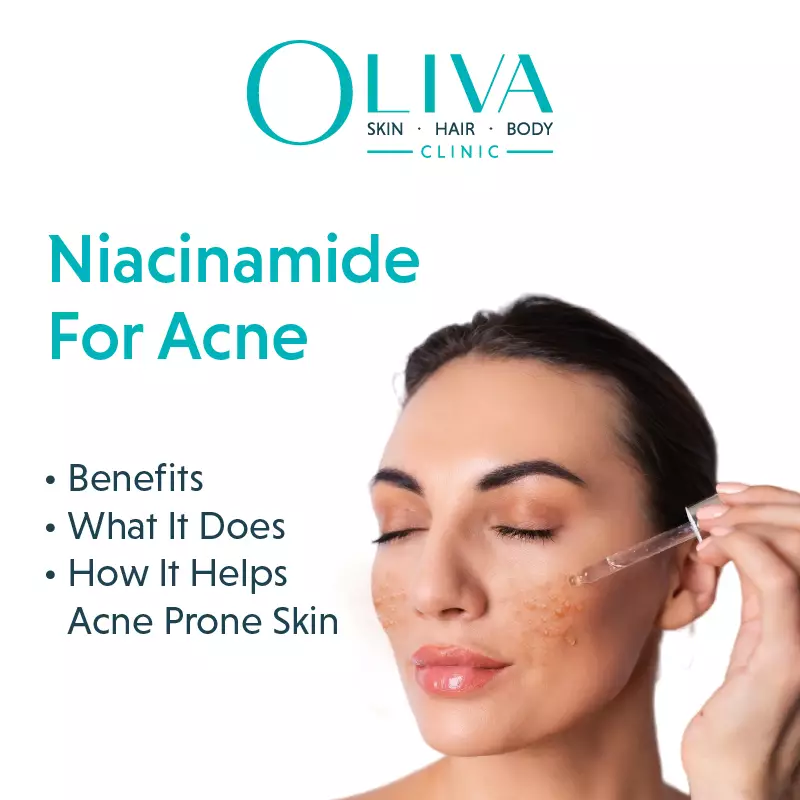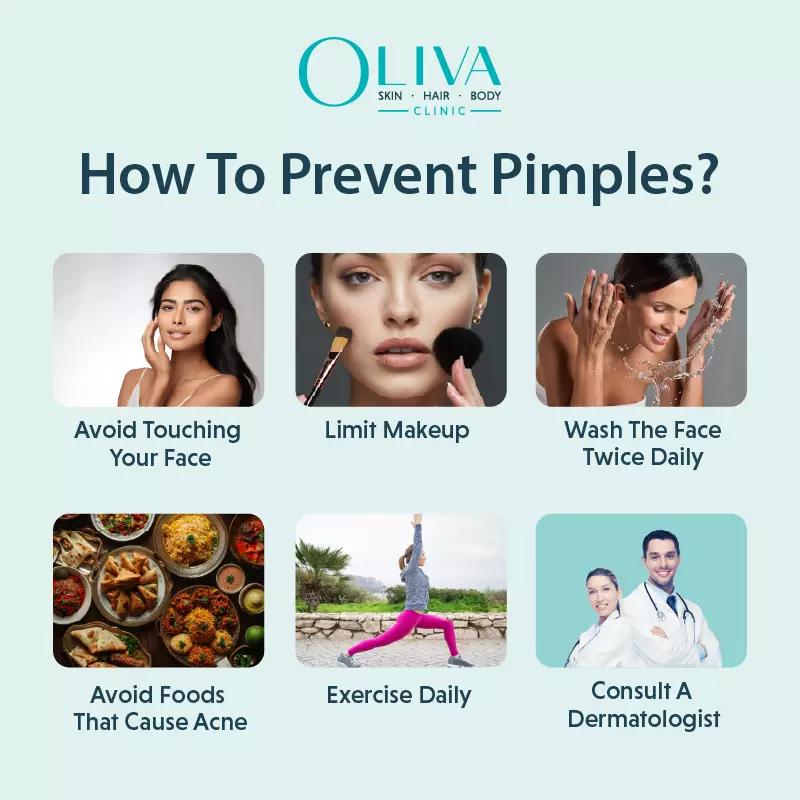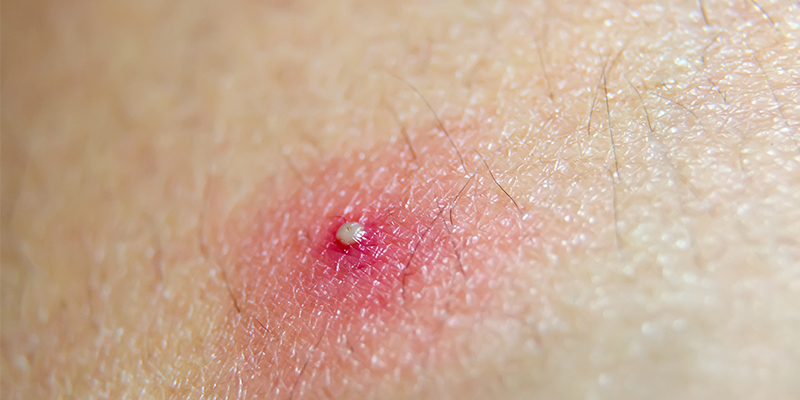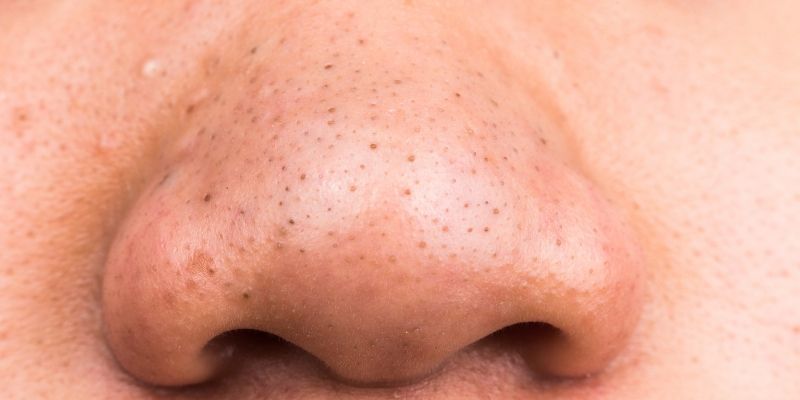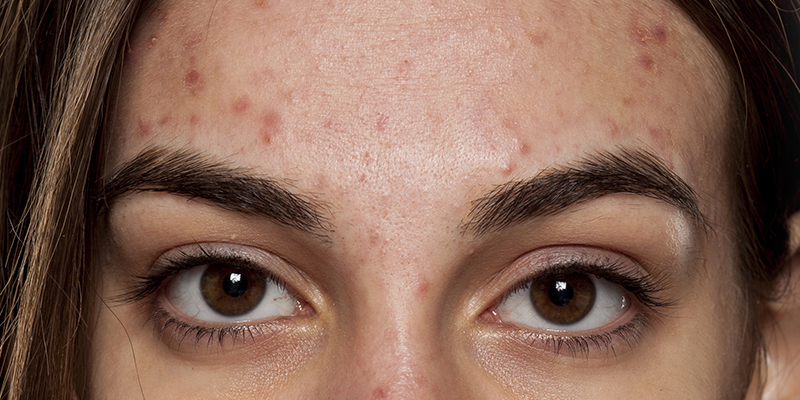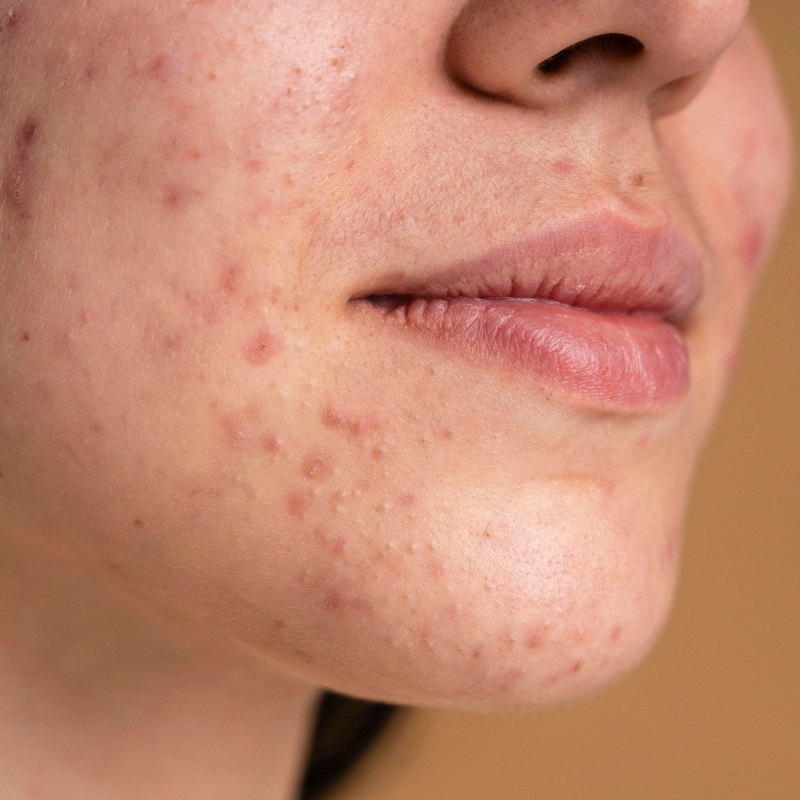Niacinamide For Acne: Benefits, What It Does & How It Helps Acne Prone Skin
Acne, as we all know, is a common skin condition that is prevalent among both men and women worldwide. It causes significant changes in your skin tone, texture, and appearance and may pose a major aesthetic concern if not treated in a timely manner. If you are also struggling with acne and looking for a treatment that works, niacinamide is a promising option. In this article, we will explore the role of niacinamide in acne management and how to use it to derive maximum benefit.
What Is Niacinamide?
Niacinamide is emerging as an effective treatment option for people with acne and other related skin disorders. It is a form of vitamin B-3 and is also popular by the name nicotinamide. The deficiency of this water-soluble vitamin may cause acne, and therefore, this can effectively treat such flare-ups.[1]
Is Niacinamide Good For Acne Treatment?
Incorporating niacinamide in your skincare routine helps to manage acne flare-ups if you have acne-prone skin. Here are some reasons why it can effectively help in acne management:
-
Regulates Sebum Production:
When our skin produces excess sebum or oil, it creates an environment for acne-causing bacteria to thrive. The excess sebum and dead skin cells build up lead to clogged pores and pimples. Niacinamide helps in regulating excess oil production in the skin cells and clears clogged pores. This helps to minimise the risk of acne.
-
Reduces Inflammation:
Moderate to severe acne causes inflammation, pain and redness. Using niacinamide helps calm irritated skin and also reduces inflammation associated with acne.
-
Minimises Discolouration And PIH:
PIH or post-inflammatory hyperpigmentation occurs due to excess melanin production after acne subsides. This leads to discolouration of the skin and acne marks. Niacinamide helps fade hyperpigmentation and restore an even skin tone.
-
Decreases Pore Size:
If you have enlarged pores, the chances are that you are more susceptible to having acne flare-ups due to the build-up of excess oil, cell debris and bacteria. Niacinamide helps in cleaning these pores thoroughly so that they appear visibly smaller and do not clog, thus preventing acne formation.[2]
9 Top Benefits Of Niacinamide For Acne Treatment:
Here is a list of the multiple benefits of using niacinamide for acne treatment –
-
Tightens Pores:
Using niacinamide helps in tightening and reducing open pores. This helps in preventing acne formation and improving the skin texture and appearance.
-
Soothes Acne-Prone Skin:
Niacinamide helps to calm inflamed skin and reduce redness. Its anti-inflammatory properties help in minimising acne flare-ups and the pain and swelling associated with them.
-
Controls Oiliness Of Skin:
Acne flare-ups occur when our skin produces excess oil or sebum. Niacinamide helps decrease sebum production and prevents clogging of pores and acne formation.
-
Boosts Hydration:
By reinforcing our skin’s natural barrier, niacinamide helps in boosting hydration levels of the skin. It also improves the levels of fatty acids in the skin.
-
Treats Hyperpigmentation:
The anti-inflammatory properties of niacinamide indirectly help minimise hyperpigmentation.
-
Improves Skin Barrier:
Not only does niacinamide improve skin’s natural immunity, but it also helps grow a new lipid barrier. This is especially helpful in the management of acne and retaining moisture in mature skin.
-
Protects Skin Health:
Using niacinamide regularly helps in preventing the damage caused by UV rays and oxidative stress. It also helps in producing new and healthy skin cells while protecting our skin from environmental toxins.[3]
-
Prevents Severe Acne:
The anti-inflammatory nature of niacinamide is helpful in managing severe acne such as cystic acne, pustules and papules.
-
Improves Skin Tone And Texture:
If you have dry, dull or uneven skin tone, then niacinamide is highly beneficial. It helps brighten the complexion and improve the overall skin tone.
5 Best Ways To Use Niacinamide For Acne Treatment:
Incorporating niacinamide for acne treatment in your skincare routine helps not only minimise current flare-ups but also prevent recurrence. Here are five different ways to use niacinamide for maximum benefits –
-
As A Cleanser:
You can use niacinamide in your cleanser. This helps in gently removing the impurities from the skin without depleting the natural oils of the skin.
-
As A Toner:
Niacinamide toners also help in clearing the pores and tightening them over time so that they may appear smaller in size. It also helps in preparing the skin for better absorption of products.
-
As A Serum:
Start using serums with 5% niacinamide to manage a variety of skin concerns as they suit most skin types. Later on, you can switch to using 10% niacinamide as well.[4]
-
As A Moisturiser:
Non-comedogenic moisturisers contain niacinamide and have skin-brightening properties.
-
Combined With Sunscreen:
You can finish off your skincare regimen with sunscreen that has an SPF above 30. Using niacinamide also helps block the sun’s harmful UV rays further and increases the effectiveness of the sunscreen.
What Are The Side Effects Of Niacinamide?
Although niacinamide is fairly harmless to the skin and does not cause any side effects when applied topically, it is best to do a patch test before applying it all over your skin. In rare cases, niacinamide can cause an allergic reaction in those who are prone to getting allergies. Niacinamide induces histamine production in the body, so make sure to do a patch test before application.
Takeaway
Niacinamide is a wonderful product for the skin for the variety of benefits it offers. It shows promising results in managing and preventing acne formation. However, just like with any other new skincare product, it takes time to show the results. If you use niacinamide consistently, then it will do wonders for the skin, including acne prevention, brightening the complexion, improving the skin’s natural barrier, and more. Make sure to follow a proper skincare routine and incorporate niacinamide in the form of a serum or a moisturiser to derive maximum benefits. It is always advisable to add niacinamide to your skincare routine after consulting a qualified dermatologist to optimise the results of acne treatment and minimise any adverse reactions.[5]
Frequently Asked Questions On Niacinamide For Acne
Is Niacinamide Or Salicylic Acid Better For Acne Treatment?
Salicylic acid is effective in unclogging the pores and preventing acne formation. Niacinamide, on the other hand, works best on acne-prone skin and helps in reducing inflammation as well as sebum production. Your dermatologist may combine these two ingredients for the best results of acne treatment.
How Long Does Niacinamide Take To Clear Acne?
Regular use of niacinamide will help you see a noticeable difference in your acne condition. Around 8 to 12 weeks is the minimum time required for niacinamide to work and show any improvement in acne.
Does Niacinamide Make Pimples Go Away?
Yes, niacinamide helps in minimising pores and regulating sebum production. This helps in reducing the formation of pimples and acne.
Is 10% Niacinamide Too Much For Acne Treatment?
Some people may experience slight side effects while using 10% niacinamide. It is ideal to switch to 5% potency for the best results.
Can I Use Niacinamide Daily?
You should use niacinamide as per the frequency and potency advised by your dermatologist for the best results of acne treatment based on the severity of your condition.
Can Niacinamide Replace Sunscreen?
Niacinamide helps block UV rays and protect the skin from sun damage, but it is not a replacement for sunscreen.
When Will I See Results With Niacinamide?
After using niacinamide consistently, you can start seeing visible changes in your skin within 8 to 12 weeks.




